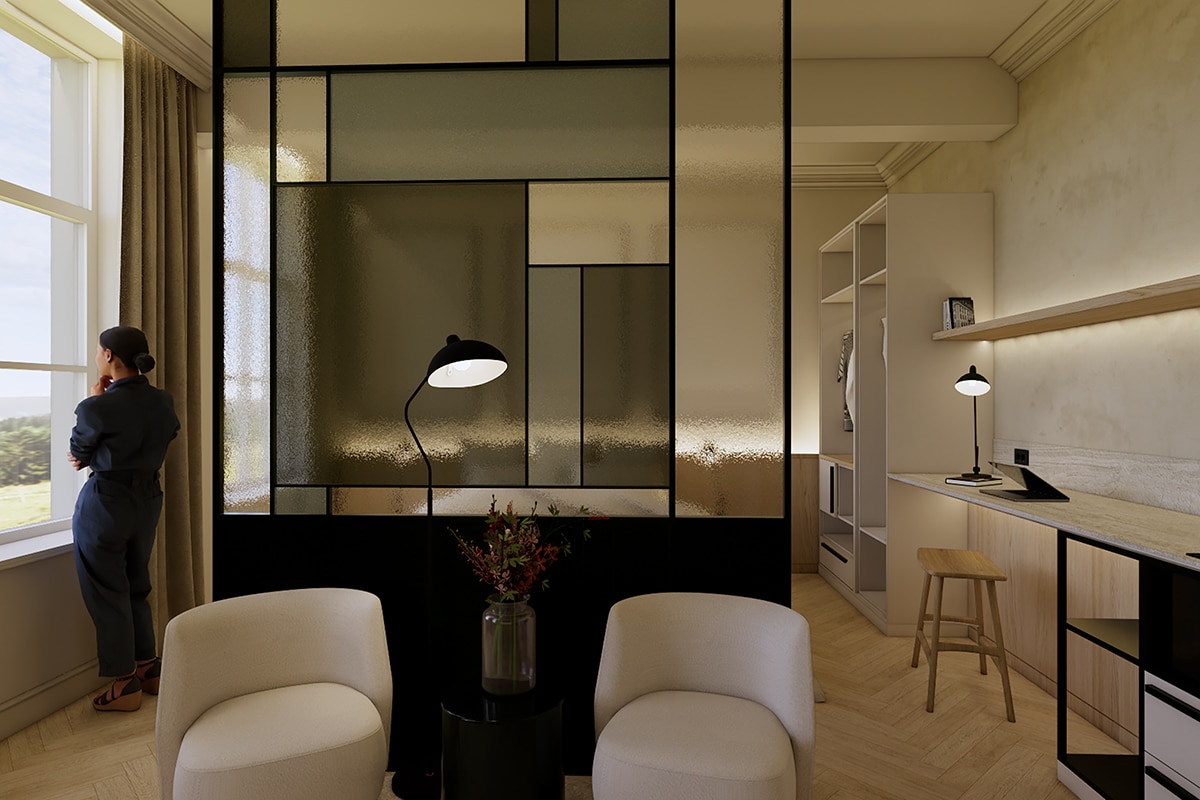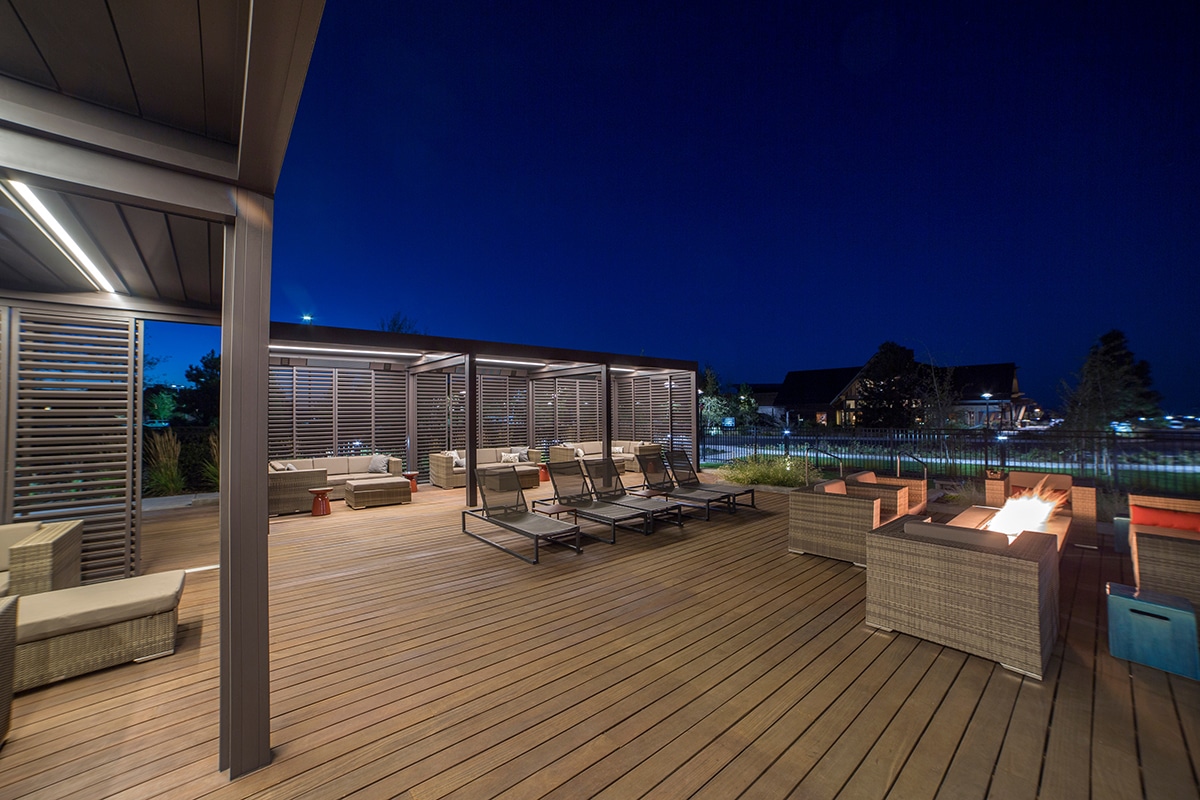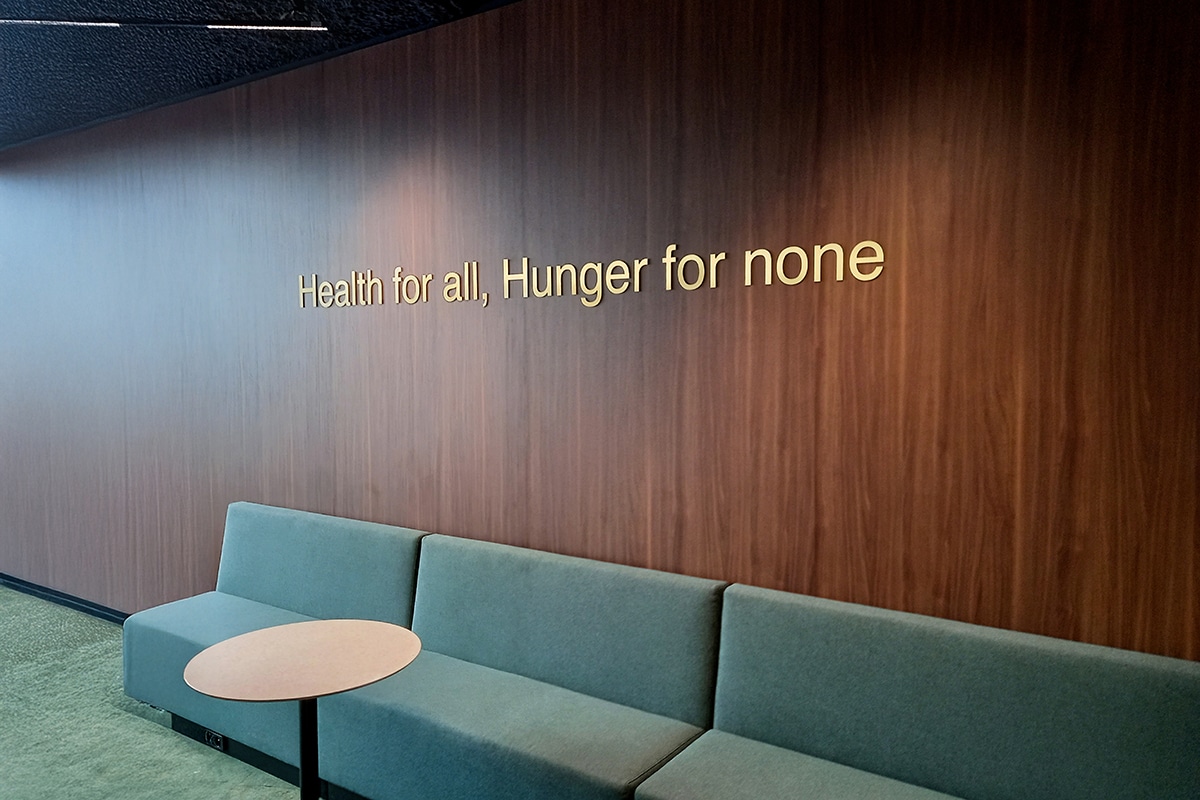
Challenges and opportunities for the hotel industry in 2023
Business travel has changed in a different light
Now that the Covid-19 storm has subsided, we can take stock. What did the pandemic do to the hotel sector? What consequences did it have, but also: what opportunities arose? And, what challenges will the industry face in the coming years? We ask Managing Director Odete Pimenta da Silva of the Dutch Association for Travel Management (NATM).

The daughter of a Portuguese father and a Dutch mother, Pimenta da Silva has worked for more than 30 years in various disciplines within the field of corporate HR, project and travel management. Since 2014, she has been part-time managing director of NATM, the trade association for travel managers and business travel buyers.
The rise of multinational companies and the accompanying growth in international business led to a surge in business travel in the early 1970s. Following in the footsteps of Belgium, Britain and France, NATM was established on 11 December 1972 to represent the interests of the business community. Since the 1990s, business travel service providers, representing the entire value chain, have also joined the association.

The impact of corona
"Corona showed that seeking connection with peers is very important for our members," says Pimenta da Silva. For travel managers too, the pandemic put the concept of business travel in a different light. This situation was so unique and therefore new for every link in the business travel sector, from customer (travel manager/ buyer) and supplier, to the business traveller.
"A greater need arose at the association to reflect more often with each other online about the situation that has arisen and the consequences for the companies and its travellers. Sharing knowledge has always been important and one of the values of our association. But connection was also clearly invaluable during the time of the pandemic," she reflects.
This also affected the association. Thus, NATM launched online knowledge-sharing sessions for its supporters right away in March 2020. This allowed peers to easily meet, share knowledge, but also discuss the situations per part of the value chain.
"Personally, I found the innovations that surfaced during the covid era inspiring. Checking in and out online, dining in the hotel room, being able to place your order via tablets or your own mobile. Flexibility in scaling up and down the required service. That was impressive," says Pimenta da Silva.

Positive news: recovery underway
During her speech at the Hotel Leaders Network Event, Pimenta da Silva was able to bring positive news after all the corona ups and downs.
Bolstered by the results of the GBTA BTI Outlook over 2022 - 2026, she could report that total spending in 2022 outpaced the recovery. "However, we do see that economic conditions and shifting trends globally are slowing down the recovery. Spending is expected to surpass 2019 levels by mid-2026."
The hotel industry was the first to notice this spike in recovery. Meeting rooms, because people still work partly from home, are used for team meetings, or simply to work together on a project.
Next year will be all about the power of an experience. "It remains a challenge to balance costs on the one hand, while at the same time wanting to invest precisely in new ways of facilitating programmes that deepen the human connection."
Business travel will always exist, NATM argues. "Supply and demand have a major impact on occupancy and the rates charged. Ultimately, the necessity of the trip determines whether business will want to make that investment."
The industry association also sees that at the majority of companies, travel policies have now been changed. "But, we do see guests starting to combine multiple appointments for a trip abroad, making them
plan their trip more efficiently and want to stay longer in a hotel or long-stay flat."
Fewer one-day trips are taking place. And is it about a destination within 700 kilometres? Then you see more and more companies opting for a sustainable way of travelling.
Challenges for the hotel sector in 2023
Overall, the outlook for the sector is optimistic, observes Pimenta da Silva. Meetings and events are being organised again. Yet there are still huge challenges for the sector. Perhaps the biggest challenge is balancing rising costs with strategic creativity, and providing customisation, which fits within a travel and strategic meetings management policy of clients. It also remains important to facilitate the need for human connection. "The question is no longer whether we should meet, but how," he says.
The continuity of that very service is the biggest concern across the industry. "This involves the shortage of staff, the retention of talents and the lack of experienced staff who give just that extra personal touch during a business trip, meeting or conference."

This is how you respond to this as a hotelier
Of course, as a hotelier, it is always important to understand the needs of your guests. "Realise that travel is no longer a must; the traveller is triggered from the travel policy to consider whether the trip should really be made, or whether it can also take place virtually. They are also asking more questions about sustainability. It remains to be seen: will the customer choose the most sustainable hotels or are different degrees of sustainable stays possible for the traveller?"
Technology can play an important role in meeting the interests of business travellers in the hotel sector. "The hotel sector is one of the links within a business trip. For this, hotel programmes are reviewed, put together and tailored to the needs of travellers. For example, for companies such as the pharmaceutical industry, it is aligned with laws and regulations that need to be complied with."
Pimenta da Silva continues: "Ideally, these hotel programmes are linked to the travel agent's tools that the corporate works with, or the travellers can book their hotels themselves in a tool. For the travel manager/buyer, it is important that all bookings in all hotels worldwide are summarised in a database, which they can use to monitor the agreements and usage of the hotel programme. This, in turn, they can use during negotiations with hotels for the coming year. This remains an area of improvement for the hotel industry."
Nothing like the personal touch
The entry of digitisation had its advantages, but nothing beats human hospitality, argues Pimenta da Silva. "When I listen to my supporters and when I talk to my colleagues, we continue to think it is important that the human factor, which the hotel sector can deploy like no other, is unquestioned. A robot, including online chatbots, are only of limited use. In the beginning, it is nice, but as soon as a situation deviates from its programmed capabilities, nothing beats the human touch in hospitality."



